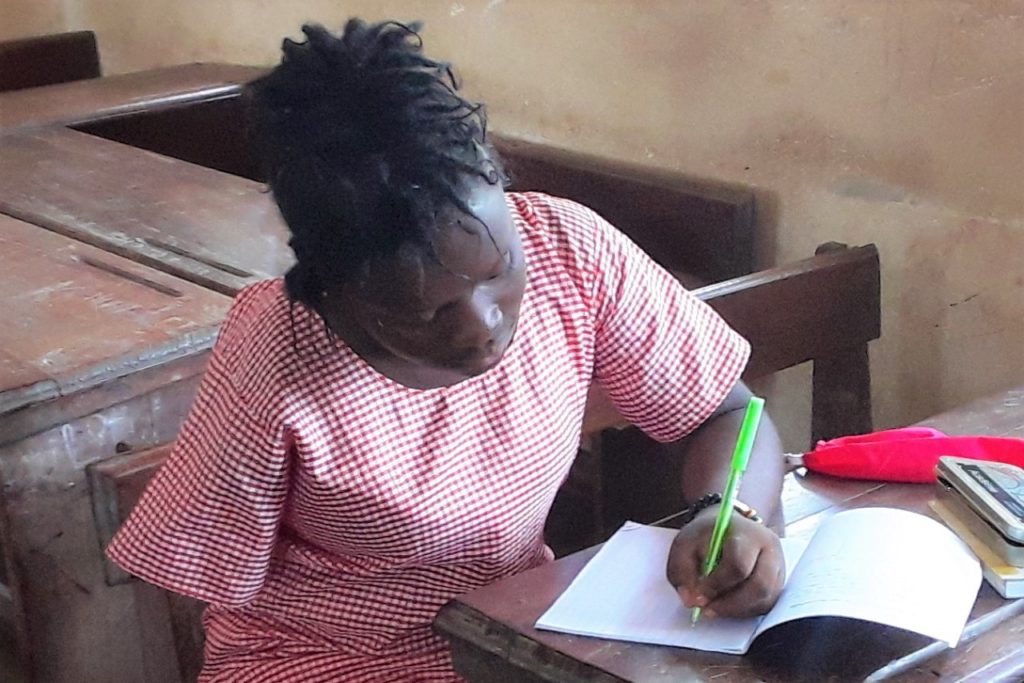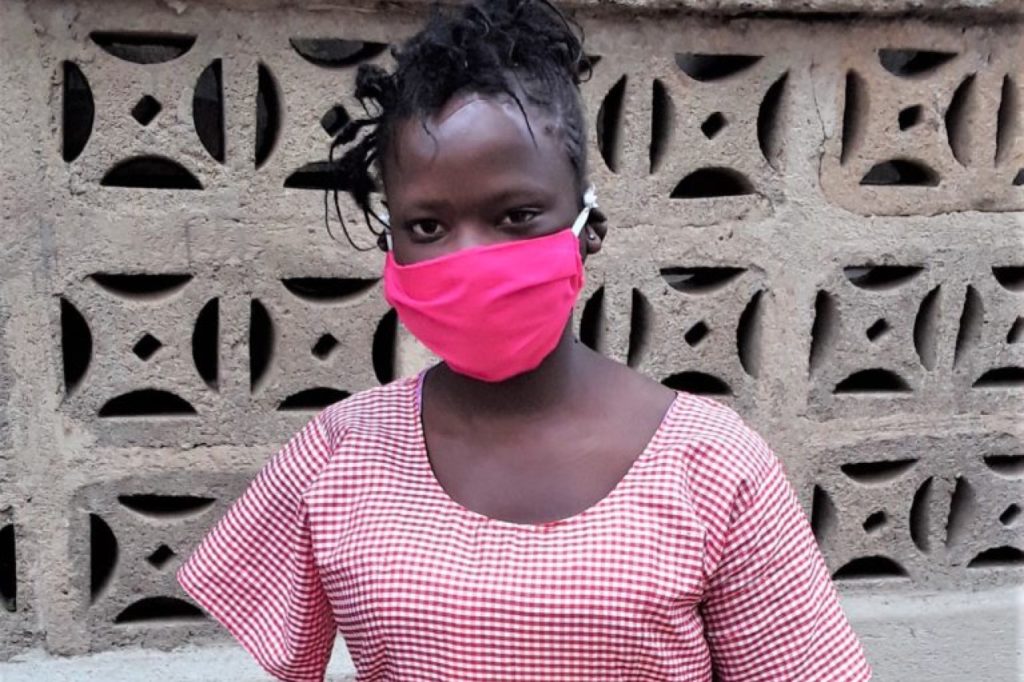It is estimated that 1 billion people around the world live with a disability, with approximately 80% of those with disabilities living in developing countries, according to the UN Development Programme. For people living in development and humanitarian contexts, poverty, natural disasters, conflict, and limited access to healthcare are some of the factors which can cause or exacerbate disabilities.
Across the world, persons with disabilities face marginalisation, exclusion, and discrimination, and are more likely than people without disabilities to be subjected to violence. This is true for all adults and children with disabilities, but especially for women and girls who often face discrimination at the intersection of their gender and disability, as well as other identities such as race, sexual orientation, and age.
Women and girls with disabilities face higher rates of gender-based violence (GBV) than both women and girls without disabilities and men with disabilities. Some research has indicated that they are twice as likely as their non-disabled peers to be subjected to GBV.
The Irish Consortium on Gender Based Violence (ICGBV), of which Plan International is a member, recently launched a paper in collaboration with CBM Ireland: Disability Inclusion in GBV Programming. The paper examines some of the root causes of GBV against women and girls with disabilities, as well good practices in development and humanitarian programming to both prevent and respond to it.
Included in the paper is a case study focusing on Plan International’s EQuIP (Education: Quality, Inclusive & Participative) programme which has mainstreamed the Plan2Inclusive (P2I) methodology to ensure the inclusion and participation of children, especially girls, with disabilities. P2I was developed by Plan International and the UNESCO Chair to transform the lives of children and adolescents with disabilities, their families and communities through physical education, sport, recreation, and fitness. The case study (page 19) details Sia’s story (below) and two interviews with trainers who took part in the P2I training of trainers (ToT) in Guinea and Mali.

Sia Satta Tolno (15 years) is an orphaned girl from Gunea living under the care of her aunt.
At the age of 10, her arm was amputated due to a severe infection, and she subsequently missed two years of schooling.
Through the EQuIP and P2I project, Sia was eventually reintegrated into an EQuIP supported primary school, after running the P2I programme. “I am fully integrated into the class and have friends. School children accept my difference and disability through awarenessraising, advocacy, and the psychosocial support activities of the EQuIP project.”
